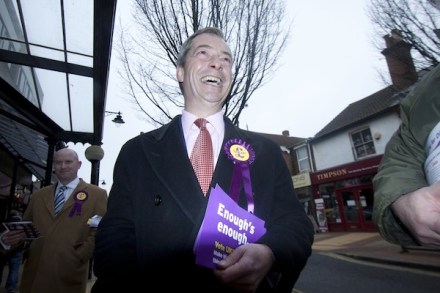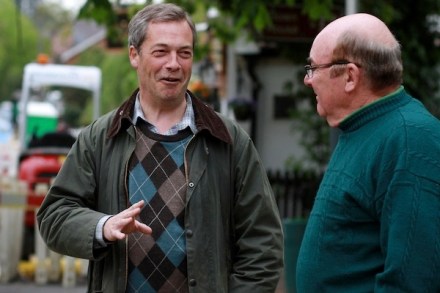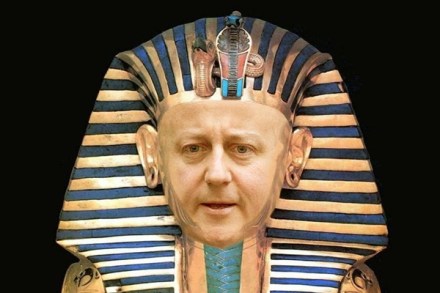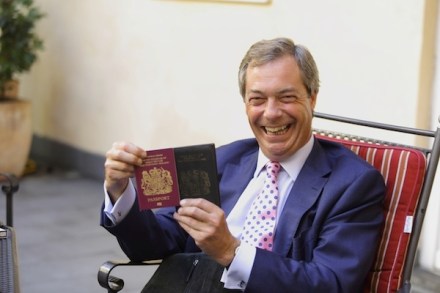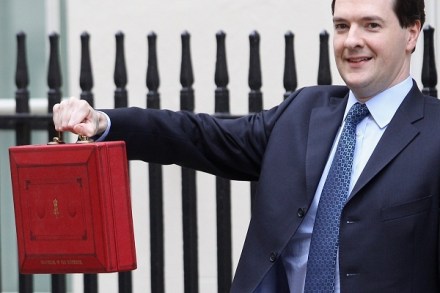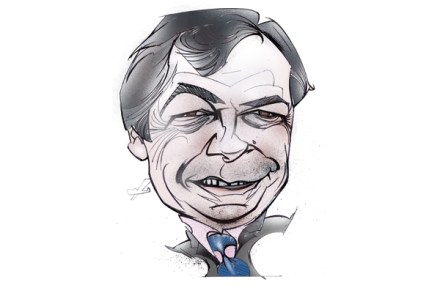About that UKIP tax policy…
Nigel Farage was on Question Time again last night. This was hardly unusual, but what was interesting was that the UKIP leader U-turned on one of his flagship policies. When he spoke at a press lunch on Tuesday, Farage accepted that UKIP’s flat tax policy was ‘incomplete’, but that UKIP’s aspiration was to have taxes as low as possible. Last night, asked whether he still wanted a flat tax, he said: ‘It was in 2010, but it isn’t now, and don’t tell me about manifestos: you haven’t even got one!’ Simon Hughes pressed him on what his tax policy was, to which he replied: ‘We will have no tax on


